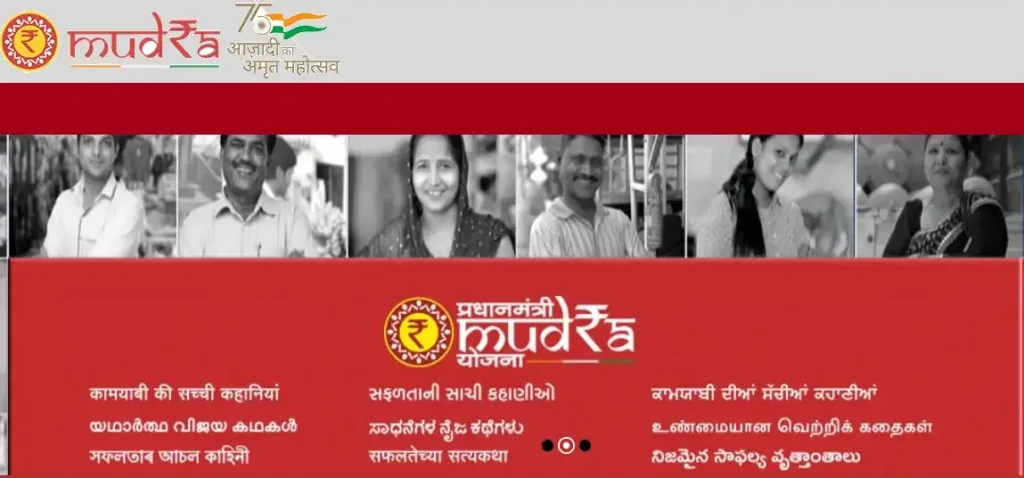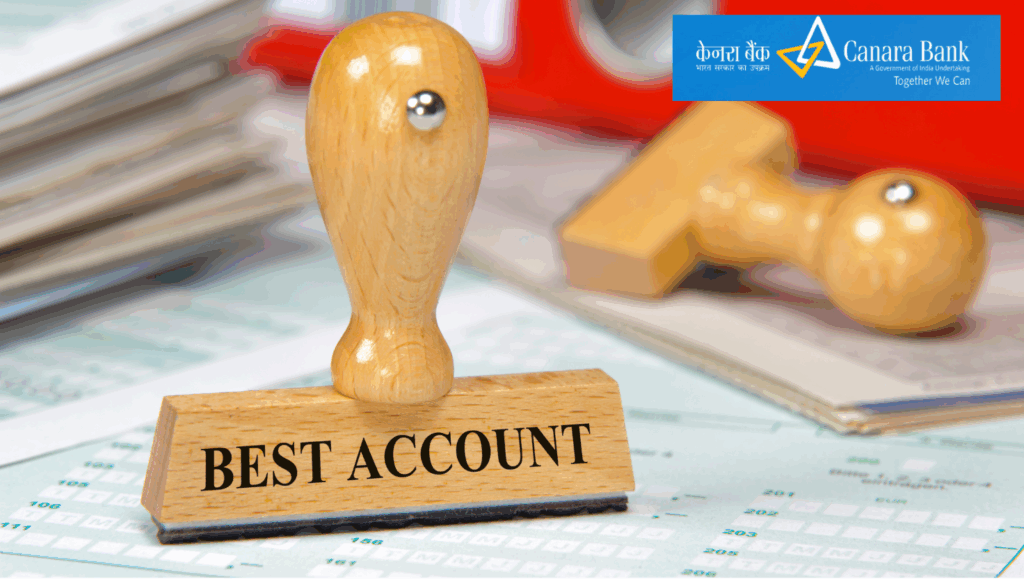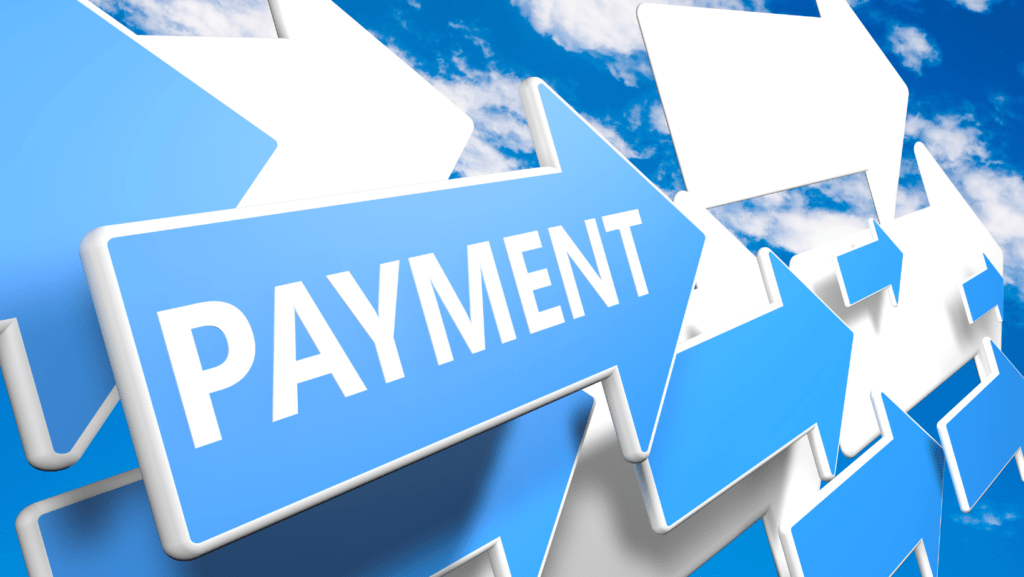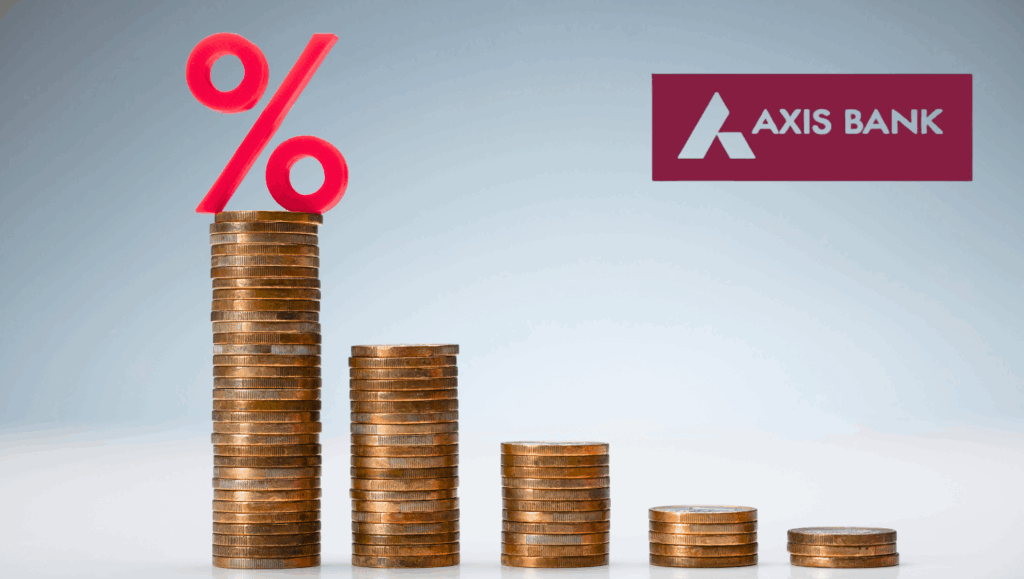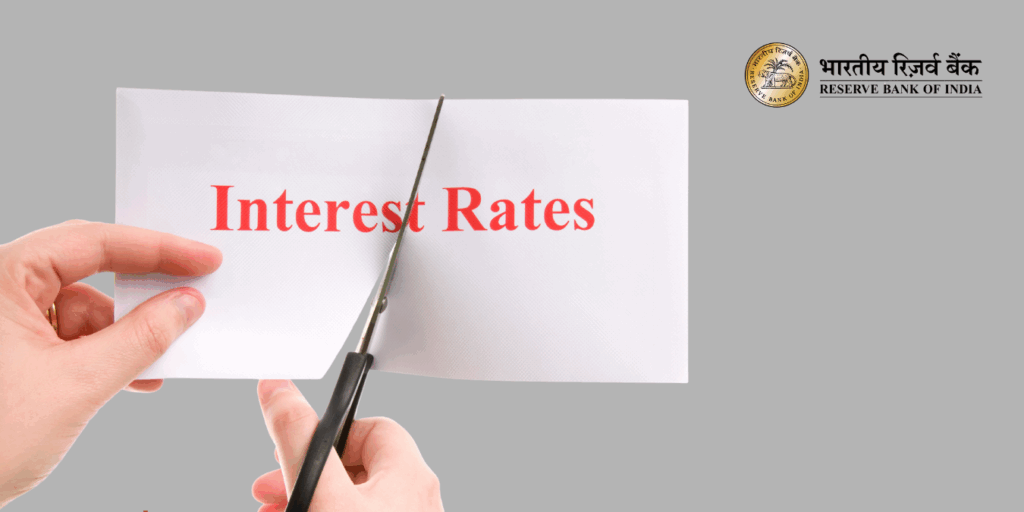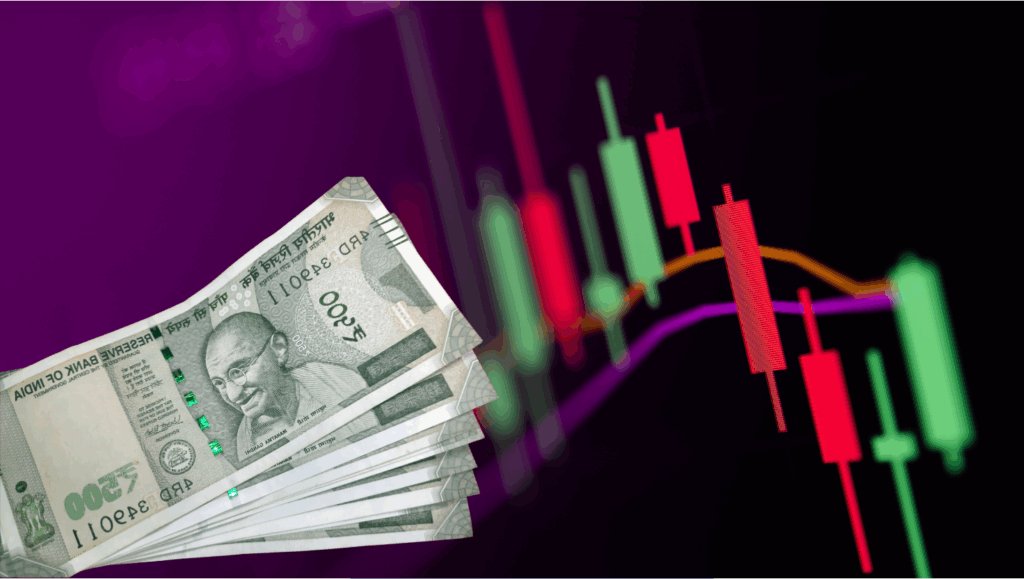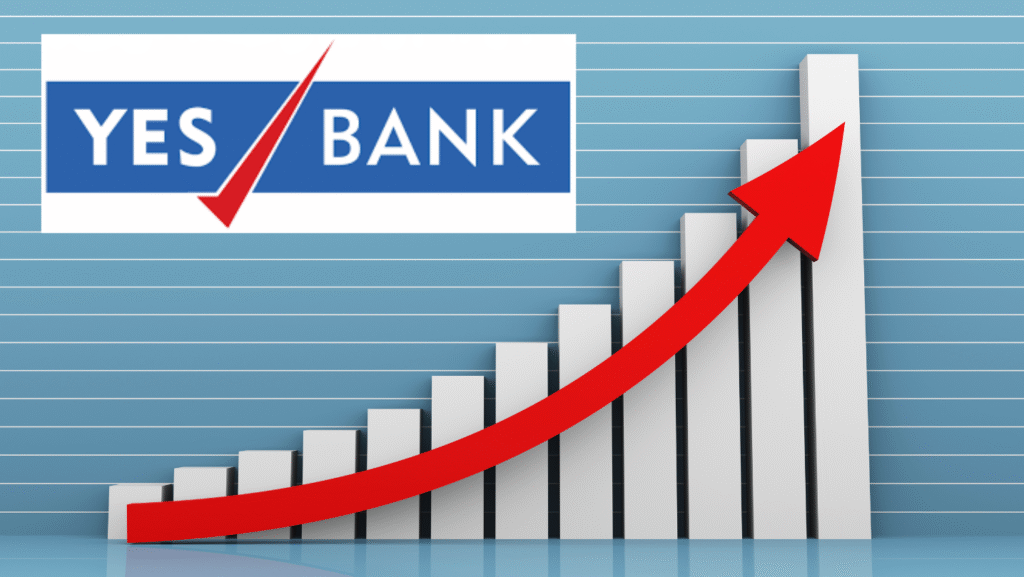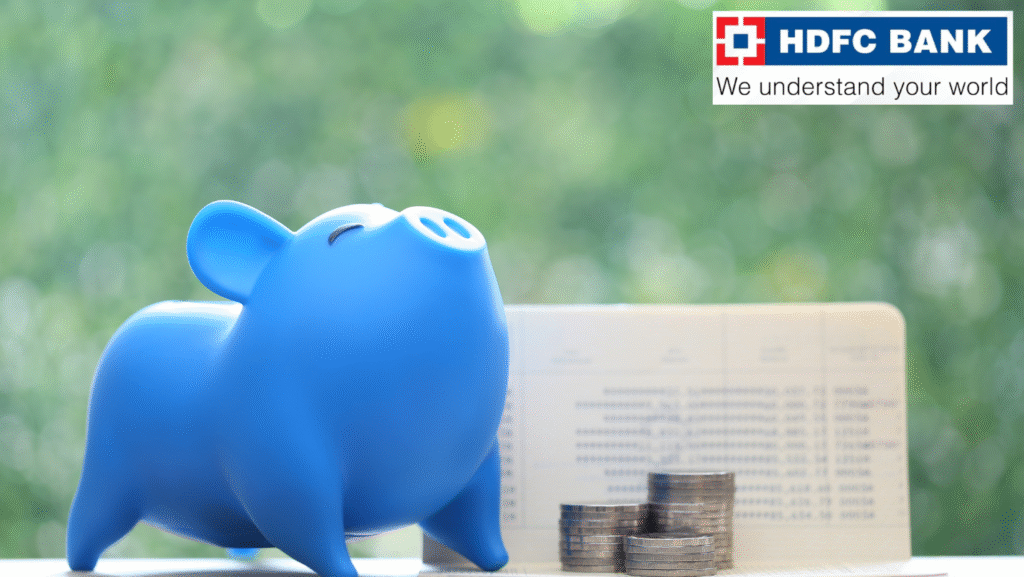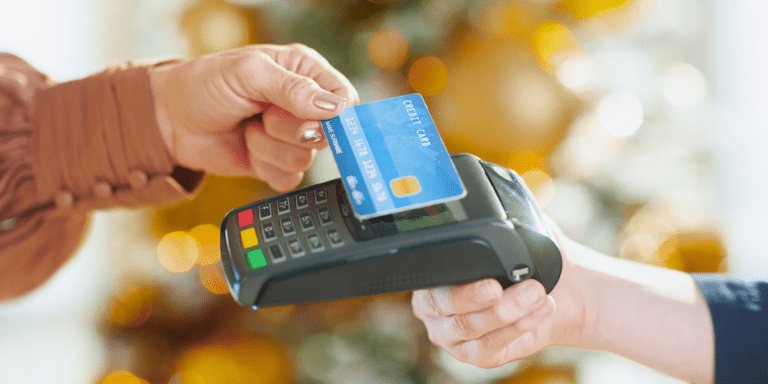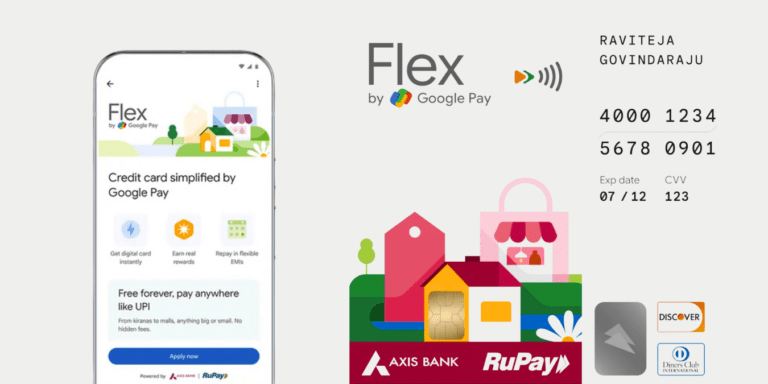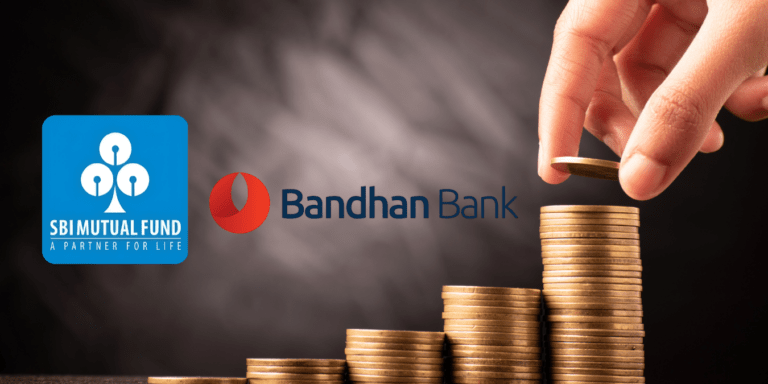
“Learn how to avoid late credit card payments in India & protect your CIBIL score! Discover auto-pay, UPI payments, due date tricks & bank negotiation tips. Save ₹1000s in late fees & interest. Get expert strategies now!”
Managing finances effectively is more important than ever. One of the most common financial pitfalls many people face is the late payment of credit card bills. Credit cards have become an essential financial tool, offering convenience, rewards, and emergency funds. However, missing a credit card payment can lead to hefty penalties, increased interest rates, and damage to your credit score. According to a 2023 RBI report, late payments are one of the leading causes of credit card defaults in India.
This comprehensive guide will help you understand the consequences of late payments and provide practical strategies to avoid missing your credit card due date in India.
Why Late Credit Card Payments Are Harmful
Before diving into solutions, let’s understand the key consequences of late credit card payments in India:
1. Late Payment Fees
- Most Indian banks charge ₹500 to ₹1,000 as a late payment fee.
- Some banks impose additional penalties if the delay extends beyond a month.
2. Higher Interest Charges
- If you miss the due date, banks charge 3%–4% monthly interest (36%–48% annually) on the outstanding balance.
- The interest is calculated from the transaction date, not just after the due date.
3. Negative Impact on CIBIL Score
- Payment history contributes 35% of your CIBIL score.
- Even a single late payment can drop your score by 50–100 points, making future loans (home, car, personal) more expensive or harder to get.
4. Loss of Reward Points & Benefits
- Some banks freeze reward points if payments are delayed.
- You may lose 0% EMI benefits or other promotional offers.
5. Legal Action & Harassment
- Prolonged non-payment can lead to recovery calls, legal notices, and even court cases under the SARFAESI Act.
Top 10 Strategies to Avoid Late Credit Card Payments in India
1. Set Up Auto-Pay (NACH Mandate)
Most Indian banks (HDFC, SBI, ICICI, Axis) allow auto-debit from your savings account to pay the credit card bill.
How to Enable Auto-Pay?
- Log in to your net banking/mobile banking app.
- Go to Credit Card → Auto-Pay Settings.
- Choose Minimum Due, Full Amount, or Fixed Amount.
- Select a date (preferably 3 days before the due date to avoid delays).
Benefits:
✔ Never miss a payment
✔ No manual effort required
✔ Avoid late fees & penalties
2. Activate SMS & Email Reminders
Indian banks like SBI Card, ICICI, and HDFC send payment reminders via SMS/email.
How to Enable Alerts?
- Check notification settings in your banking app.
- Ensure your mobile number & email are updated.
Pro Tip: Set a Google Calendar/Phone Reminder 5 days before the due date.
3. Align Due Date with Salary Credit
If your due date falls before payday, request your bank to change the billing cycle.
How to Change Due Date?
- Call customer care (e.g., HDFC: 1800 266 4332, SBI Card: 1860 180 1290).
- Submit a request via net banking.
Best Practice: Set the due date 5–7 days after salary credit for better cash flow.
4. Pay via UPI (BHIM, Google Pay, PhonePe)
Since 2022, RBI allows credit card bill payments via UPI, making it faster and easier.
Steps to Pay via UPI:
- Open BHIM/Google Pay/PhonePe.
- Select “Pay Bills” → “Credit Card”.
- Enter card details & pay instantly.
Advantage: Faster than NEFT/IMPS (credited within 2 hours).
5. Use Multiple Payment Options
Don’t rely on just one method. Keep backups:
- UPI (Instant)
- Net Banking (NEFT/IMPS)
- Debit Card Auto-Pay
- Cheque Dropbox (For emergencies)
6. Pay More Than the Minimum Due
Paying only 5% (minimum due) keeps your card active but leads to high-interest costs.
Smart Move: Always pay the full outstanding amount to avoid interest.
7. Track Bills via Banking Apps
Indian banks provide real-time spending alerts and e-statements.
Recommended Apps:
- HDFC Bank Mobile Banking
- ICICI iMobile Pay
- SBI Card App
- Axis Mobile
Check:
✔ Current outstanding
✔ Due date
✔ Reward points
8. Avoid Last-Minute Payments
NEFT/IMPS delays can cause late payments. Follow this timeline:
| Payment Method | Safe Deadline |
| UPI | Due Date (Same Day) |
| NEFT/IMPS | 1 Day Before |
| Cheque | 3 Days Before |
9. Negotiate with the Bank for Waivers
If you miss a payment due to a genuine issue (job loss, medical emergency), call customer care and request:
- Late fee reversal
- Interest waiver
- Extended due date
Pro Tip: Banks like HDFC & ICICI often waive fees for first-time defaulters.
10. Monitor CIBIL Score Regularly
Check your CIBIL report (free once a year) at:
- CIBIL (www.cibil.com)
- OneScore/CRIF High Mark
Fix Errors: Dispute incorrect late payment entries via RBI’s Ombudsman if needed.
What If You Already Missed a Payment? Damage Control Steps
- Pay Immediately – Minimize late fees & interest.
- Call Customer Care – Request a waiver (works 60% of the time).
- Check CIBIL Report – Ensure the bank reports correctly.
- Set Alerts – Avoid repeating the mistake.
Final Takeaways: Never Miss a Credit Card Payment Again
Automate Payments – Use Auto-Pay (NACH).
Set Reminders – SMS, Email, Google Calendar.
Pay via UPI – Instant & reliable.
Align Due Date – Match with salary credit.
Monitor CIBIL – Keep your credit score healthy.
Avoiding late payments on your credit card is crucial for maintaining a healthy financial profile. By understanding your payment terms, setting up reminders, automating payments, budgeting, and communicating with your issuer, you can stay on top of your payments and avoid the negative consequences of late payments. Implement these strategies today to take control of your financial future.
-

8th Pay Commission Breaking: 5 Promotions, OPS Back, CGHS ₹20K – What Staff Bodies Want Now
-

Thousands of Widows and Disabled Pensioners Now Eligible for Free Treatment — What Changed Under PM-JAY?
-

Saudi Arabia Bans Poultry & Egg Imports From 40 Countries — Is India on the List?
-
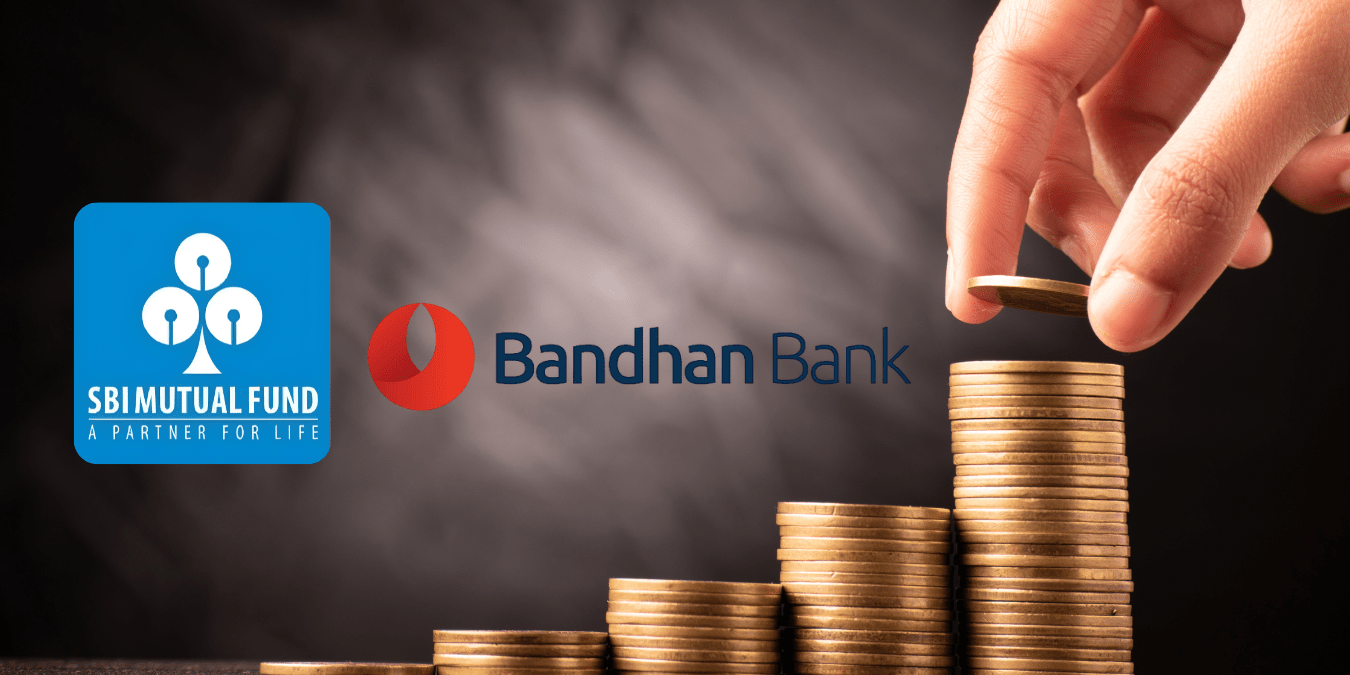
RBI Approves SBI Mutual Fund’s 9.99% Stake in Bandhan Bank —And Why It’s Not a Coincidence
